India's push for international trade in Rupees: A new trade mechanism and the rise of Special Rupee Vostro Accounts
India's push for international trade in Rupees: A new trade mechanism and the rise of Special Rupee Vostro Accounts
India has been actively encouraging the utilization of the rupee as a means of settling trade transactions with foreign nations, particularly after the imposition of sanctions by Western and European countries following the Russia-Ukraine conflict. The Reserve Bank of India (RBI) has recently unveiled a novel trade mechanism that enables the settlement of international trade in rupees, with the objective of stimulating exports and streamlining imports.
In essence, a Vostro account is a bank account that a correspondent bank holds on behalf of another bank. For instance, foreign entities can use Rupee Vostro Accounts to hold their funds in Indian banks in Indian rupees. In the event that an Indian importer needs to make a payment in rupees to a foreign trader, the payment is deposited into this Vostro account. Conversely, when an Indian exporter needs to receive payment for their goods or services in rupees, the amount is deducted from the Vostro account and transferred to the exporter’s regular account. The SRVA is a supplementary system to the existing one that utilizes freely convertible currencies.
When countries engage in the exchange of goods and services, they must make payments using foreign currency. Due to the status of the US dollar as the world’s reserve currency, most transactions are conducted in US dollars. However, by using SRVAs, it is possible to make and receive payments in Indian rupees instead of US dollars, provided that the counterpart has a Rupee Vostro Account. This means that invoices can be created in INR rather than USD.
The Economic Survey (2022-23) had argued that the framework could largely reduce the “net demand for foreign exchange, the U.S. dollar in particular, for the settlement of current account related trade flows”. This could benefit developing countries that are struggling with rising dollar prices by allowing them to trade with India and strengthen their own currencies against the dollar. In addition to the benefits for other countries, this arrangement could also enhance India’s currency’s global significance and help maintain its stability in the long term. By reducing the price of commodity imports, this move could slightly narrow India’s expanding trade deficit. All this aside however, on the ground level, as the transactions will be settled in INR, it will reduce the exchange rate risk for Indian exporters and importers.
Government officials have acknowledged that internationalizing the Indian rupee comes with certain concerns, including the potential risks to the economy from exposure to global shocks, asset bubbles, and exchange rate volatility. They have stated that India will proceed cautiously in this regard.
The number of Special Rupee Vostro Accounts which have received approval is around 60, with many more pending. The 18 countries that have opened SRVA to facilitate trade in Indian rupee areBotswana, Fiji, Germany, Guyana, Israel, Kenya, Malaysia, Mauritius, Myanmar, New Zealand, Oman, Russia, Seychelles, Singapore, Sri Lanka, Tanzania, Uganda and the United Kingdom, and many more have expressed their interest in SRVA, with excellent prospects in Africa and the Middle East.
